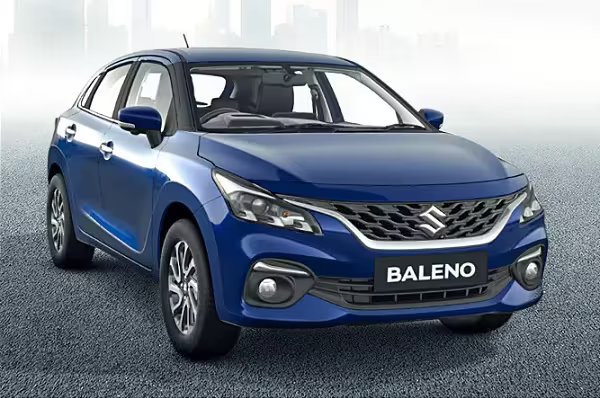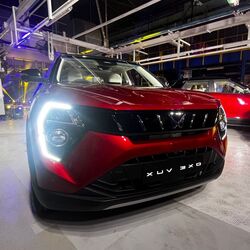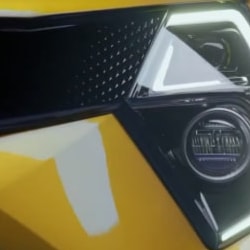Electric vehicles or CNG cars? Pros and cons explained
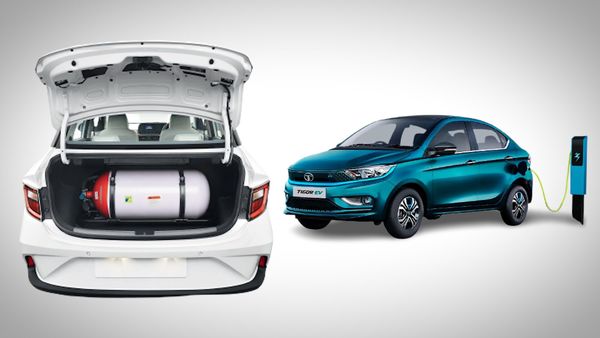

At a time when prices of petrol and diesel have hit through the roof in the past one year, options for more affordable vehicles have take priority for a lot of customers in the country. India has seen a steep rise in sales of electric vehicles and CNG-run cars in the past 12 months than ever before.
Electric car sales is still much less compared to overall vehicle sales in the country, but it has seen a steep rise compared to last year. EVs contributed 42,067 units in November alone this year, compared to just 12,858 units during the same period in 2020. Since April this year, around 1.98 lakh units of electric vehicles have been sold till the start of this month.
Also check these Cars
On the other hand, CNG vehicles too have seen a significant rise in the ongoing financial year. There was a 56 percent rise in sales of CNG cars till November with 1,36,357 units sold in the last eight months.
CNG cars cost less to run than petrol or diesel cars, electric cars offer more bang for the buck. But both type of vehicles come with their share of concerns. Here is a quick look at the pros and cons of owning a CNG car vis-a-vis an electric car.
CNG vehicles: Pros
CNG cars, or vehicles that run on compressed natural gas, has been around in India for quite some time. Several carmakers, which include the likes of Maruti Suzuki and Hyundai Motor, draw a sizeable chunk of their sales from such vehicles. While some of the carmakers offer CNG kits as after-market addition, such kits are also available from distributors too.
One of the key benefits of owning a CNG vehicle is the lack of dependency on fossil fuel and lesser running cost. Price of CNG is much less than petrol and fuel prices despite recent hikes. CNG cars now make more sense after the fuel prices saw unprecedented jump over the past year. For instance, a litre of petrol now costs ₹95.41 in Delhi, while price of CNG is Rs.53.04 for the same amount.
CNG cars also offer the choice of running it on either petrol or diesel as well. So, in case one runs out of CNG, there is no anxiety if there are a few drops left in the tank to take the car to the next CNG fuel station.
CNG also offers a cleaner ride than the vehicles running on fossil fuel. It is one of the reasons why the Delhi government had exempted all CNG cars from plying on roads during the odd-even scheme to cut down on vehicular pollution.
CNG vehicles: Cons
Owning a CNG car is not a stress-free option all the time. For a start, once a CNG kit is added to a car, there is a huge space that the owner needs to sacrifice for the cylinder. A CNG kit is typically installed in the boot space of a car which makes it difficult for passengers to load their heavy luggage in the vehicle.
Secondly, one wonders why CNG is not mainstream enough to be available widely across the country. It is difficult to find a CNG station beyond certain states or cities, which makes it difficult for owners to take their cars out for a long distance drive without depending on fossil fuel.
Thirdly, using CNG as fuel usually take a toll on the performance of a vehicle over a period of time. The power output of a car could get less by as much as 10 per cent if compared to the output while using petrol or diesel. However, it is possibly one compromise owners will not complain much given the low cost of the fuel.
Electric vehicles: Pros
EVs in India got a fillip recently when a number of states announced their individual electric vehicle policies. These EV policies typically offered introductory incentives which lured more buyers to switch to electric cars. Even now, buying an EV does not invite RTO fees or road taxes at some places, which makes EV ownership rewarding.
Electric vehicles are also the cheapest to run. The running cost of an EV, which in certain cases is lesser than a rupee, is cheaper than even a CNG vehicle. There is almost zero maintenance which almost takes out periodic servicing out of the equation for customers.
Electric vehicles are also preferred worldwide due to their zero emission. At a time when almost every country has some commitment towards reducing carbon emission in the battle to tackle pollution, EVs offer the perfect choice of personal mobility.
Electric vehicles: Cons
All the good things about EVs come to a halt in India when talking about its price. The high cost of batteries mean the price of electric vehicles are higher than usual cars. Even electric two-wheelers cost much higher than their ICE counterparts. It is one of the biggest deal-breakers for customers who want to shift to EVs.
Those who are ready to make the shift face another big challenge - range anxiety. The challenge is also directly linked to the lack of EV infrastructure in the country. While it is easier to park a car at a fuel station to fill up, finding an EV charging station still takes an effort. And even if one finds a place, they are often too far and few. Most of the affordable EVs offer a range of less than 400 kms on single charge which works as a deterrent for EV owners to take the risk of a long drive without preparations or alternatives.







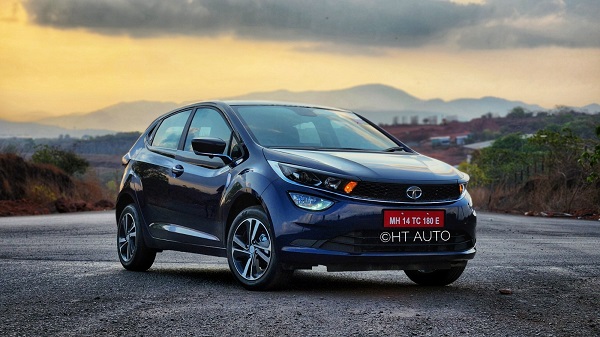
 1199 cc
1199 cc CNG
CNG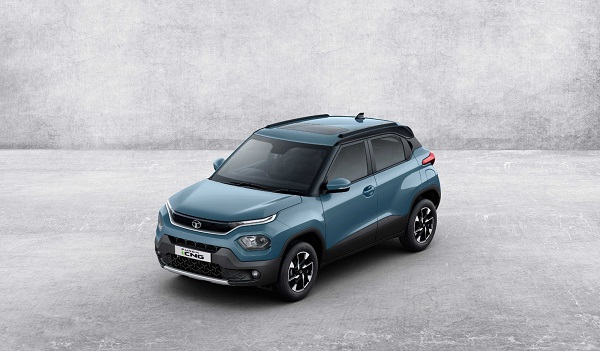
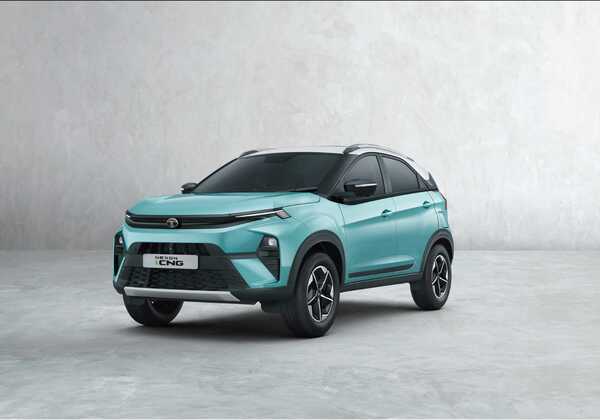

 64.8 kWh
64.8 kWh 418 Km
418 Km
